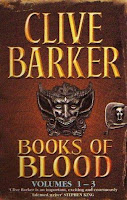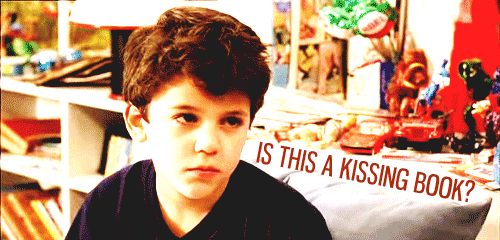 |
| My incredibly dorky phone |
Yesterday, I sent off my first submission in two years. As a result, I have checked my email no less than fifty times. Possibly more. Which is kind of hilarious, considering I just posted about dealing with rejection two weeks ago. The thing is, I'm not afraid of being rejected. I've had rejections in the past, and I survived. I think what I'm really afraid of is being accepted. The thought of being published--and the expectations my family and friends would have of me after that--makes me shake in my boots. (Okay, fine, slippers.)
I think there is a second factor causing me to eye my phone nervously once every ten minutes. I have always said I'd never be able to write a) short stories and b) horror. I am awful at limiting the plot of a story, and more times than not, my short story idea hits 40,000 words before I realize what's happening. At that point I usually shrug and forge ahead. It doesn't really matter if I'm writing a short story or novel. As long as I'm enjoying it, I'm happy.
 |
| Add caption |
Then, at the beginning of the month, I had an idea. I'm not going into it here because it is horror, after all, and isn't suitable for polite company. Let's just say it was a persistent idea, and eventually I got to the point that I couldn't ignore it. I sat down to write, and when I finished, I realized that this is the sort of horror story I want to read. It just so happened that a local magazine was looking for stories for their Halloween edition, so I screwed up my courage and sent it in.
Which brings us up to the present. The question pressing on me now is, "What do I do if they like it? What if my family wants to read it?" I think my dad would be fine. He'd buy extra copies and force his co-workers to read it, too. My mom, however, would probably be horrified.
Which is kind of the reaction I was going for, though I'd like to avoid that awkward conversation I'd be stuck having about "writing things my grandparents can't read."
I guess my real question this week isn't "Why do I want to write?" It's more along the lines of, "Why do I want to publish?" I thought I understood, but this panic over submitting has forced me to reevaluate the question. While I work on that, let me ask you:
What's your reason for seeking publication?




















